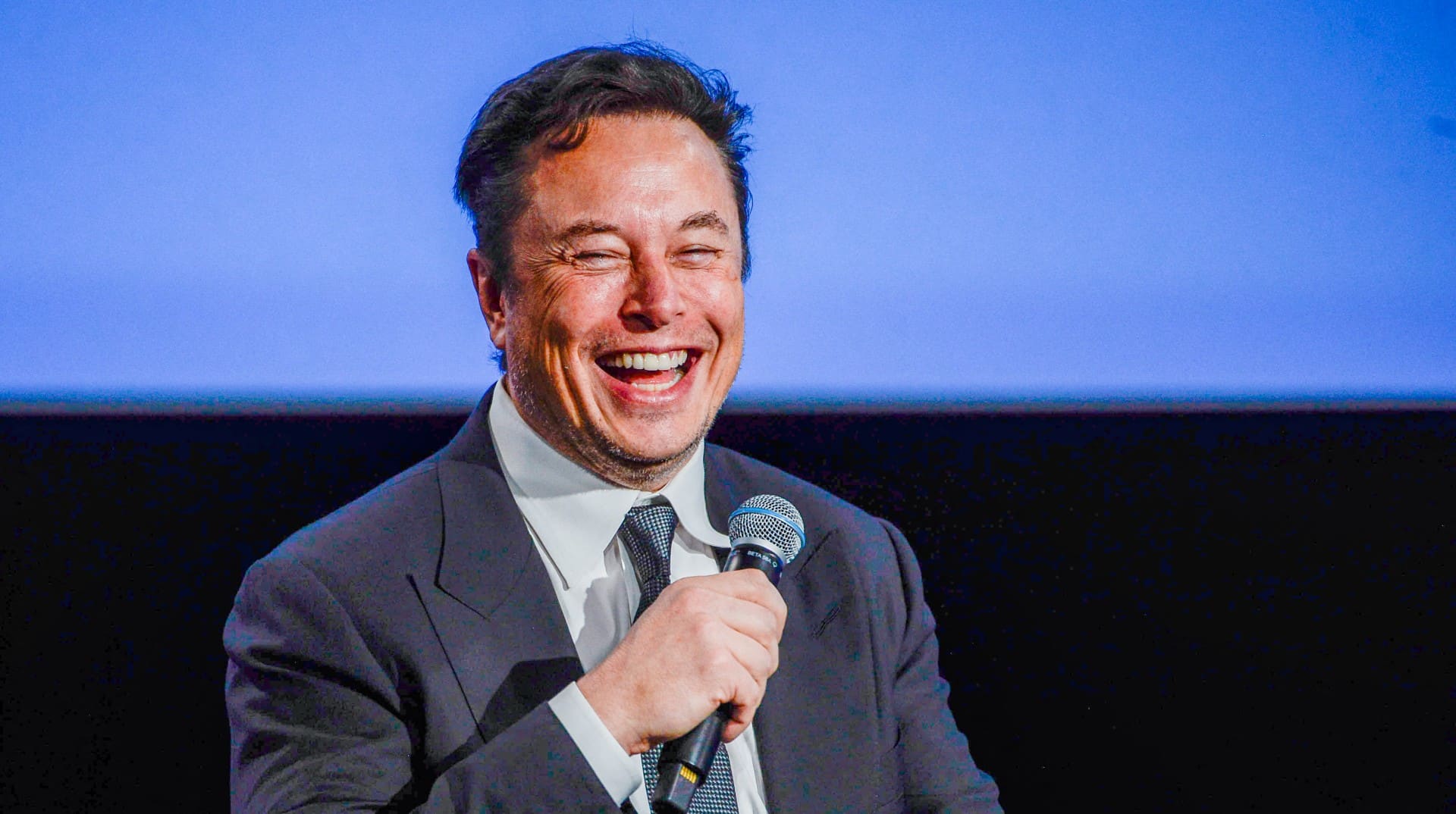OPINION: This article may contain commentary which reflects the author's opinion.
Billionaire Elon Musk shocked the social media industry and teased conservatives with an offer earlier this year to purchase social media giant Twitter.
But in the ensuing months, due to a number of factors — not the least of which is a disagreement with the company over the number of the fake bot and spam accounts — the $44 billion deal became imperiled. And now, Musk is battling Twitter in court to get the deal canceled.
To that end, the Tesla and SpaceX founder and CEO filed a motion with the Securities and Exchange Commission on Monday in furtherance of his effort to back out of the deal, according to The Daily Wire:
Musk made the filing to buttress his case for dissolving the merger, arguing that facts had come to light since his July 8 letter to Twitter terminating their merger agreement that would strengthen the termination in case the original letter were to be found invalid, as Twitter has contested the validity of the July termination notice.
“Because the facts described in the August 29 Termination Letter was known to Twitter and withheld from the Reporting Person, and because Twitter has taken the position that the Merger Agreement remains in effect, the Reporting Person sent the August 29 Termination Letter on the basis of the facts described therein,” Musk noted in his SEC filing.
Attorneys for the billionaire also sent a letter to Vijaya Gadde, Twitter’s chief legal officer, laying out more facts that have recently surfaced. For instance, the letter made reference to an Aug. 23 whistleblower report to the SEC as well as Congress, the Federal Trade Commission, and the Justice Department filed by Peiter “Mudge” Zatko, Twitter’s former security officer on July 6.
“The Zatko Complaint alleges far-reaching misconduct at Twitter—all of which was disclosed to Twitter’s directors and senior executives, including Parag Agrawal—that is likely to have severe consequences for Twitter’s business,” wrote Musk’s attorneys.
They also made reference to Zatko’s allegations, writing that “Twitter was in material noncompliance with both its obligations under a 2011 FTC consent decree and its general obligations under data privacy, unfair trade practice, and consumer protection laws and regulations … Twitter is uniquely vulnerable to systemic disruption resulting from data center failures or malicious actors … Twitter’s platform is built in significant part on the misappropriation and infringement of third party intellectual property, and Twitter acquiesced to demands made by the Indian government that its agents be hired by Twitter and given access to Twitter.”
Musk’s lawyers noted further that the listed allegations, if valid, indicate that the platform has violated provisions contained in the original merger agreement.
“For the avoidance of doubt, these bases are in addition to, and not in lieu of, the bases for termination described in the July 8 Termination Letter,” the attorneys said, wrapping up their letter. “Although the Reporting Person believes the August 29 Termination Letter is not legally necessary to terminate the Merger Agreement because he has already validly terminated it pursuant to the July 8 Termination Letter, the Reporting Person delivered the August 29 Termination Letter in the event that the July 8 Termination Letter is determined to be invalid for any reason.”
Late last week, a judge in Delaware issued a major decision in the case.
Chancellor Kathaleen McCormick of Delaware’s Court of Chancery ruled that the social media platform must turn over more data on phony and bot accounts registered on Twitter, which is being viewed as a major victory for Musk.
That said, McCormick also rejected portions of Musk’s request, deeming them to be “absurdly broad,” as Yahoo News reports:
The judge ordered Twitter to hand over data on 9,000 accounts the firm audited at the end of 2021, which opens the door for that information to be used in Musk’s effort to quit the $44 billion deal.
Musk has argued Twitter was dishonest on the number of false or spam accounts, prompting strong denials and a lawsuit from the social media firm that has led to a trial set for mid-October.
“My overall impression is that plaintiff has agreed to produce a tremendous amount of information to defendants, and that the information plaintiff has agreed to produce is sufficiently broad to satisfy most of the plaintiff’s obligations,” she wrote.
“Some additional data from the plaintiff (Twitter) seems warranted,” McCormick added without further explanation in her four-page order.
